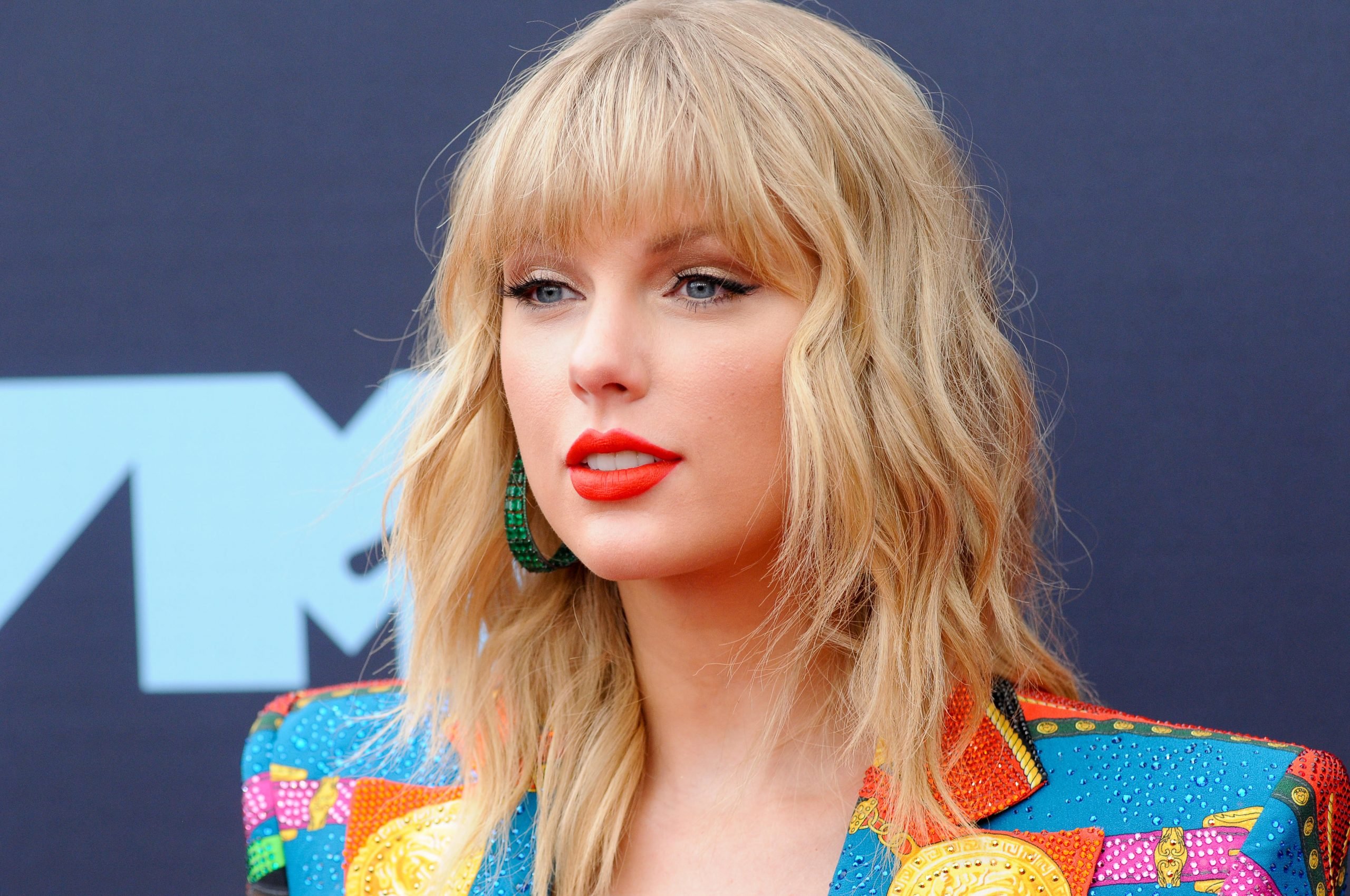People Who Worship Celebrities Have Lower Cognitive Abilities, Study Suggests
A study suggests that people who worship celebrities have lower cognitive abilities.
The lives of the rich and famous often dominate headlines and social media feeds.
We can interact with A-listers like we never have before – liking their Instagram photos, commenting on their TikTok videos and retweeting their tweets over on X, formerly Twitter.
But now, a new study has shed light on whether or not it’s such a good idea for a person to be so fascinated with celebs as apparently, it could suggest lower cognitive abilities.
Related Article: Passenger Goes Viral After Trying To Work Out Who Mystery Celebrity On Plane Was
People have been reacting to the study on social media, with one person writing: “Using a celebrity as some inspiration to push yourself to be better and maybe work on a hobby or something is great. Full-blown obsession is a whole other story.”
Another weighs in, commenting: “I’m glad research is expanding into this realm.”
“Doesn’t surprise me at all,” remarks a third.
While a fourth person says: “It’s very adolescent to worship a celebrity. As an adult, I think it’s OK to perhaps admire someone’s ability in acting or singing or whatever but not to worship them.”

There are plenty of celebrities who have a huge fanbase, and who comes to mind is Taylor Swift.
Swift’s fanbase, dubbed the Swifties, is taking over the globe.
Mental health specialist Alli Spotts-De Lazze has weighed in on why the ‘Cruel Summer’ singer is so adored by millions (probably billions).
She believes that a part of Swift’s magic is that her fans feel a ‘sense of belonging’ when listening to her music, per Daily Mail.
Meanwhile, people adore Beyoncé – she creates chart toppers, is an outspoken feminist, a fashion icon and she brought back curves.
But at which point does a person’s interest in a celebrity suggest they have lower cognitive abilities?
After all, everybody is a fan of someone…

A team of researchers have conducted a study – published in the journal BMC Psychology – examining the correlation between celebrity worship and diminished cognitive ability.
Cognitive ability, as defined by the American Psychological Association, is ‘skills involved in performing the tasks associated with perception, learning, memory, understanding, awareness, reasoning, judgment, intuition, and language’.
As a part of the experiment, 1,763 Hungarian adults participated in an online survey and underwent cognitive tests.
The assessments aimed to explore two key aspects of cognition: crystallised intelligence – a study of a subject’s general knowledge – which is measured through vocabulary tests, and fluid intelligence, assessed by a digit symbol test.
Participants also completed the Celebrity Attitude Scale questionnaire, which is a scale of carefully crafted statements which delve into the ‘various dimensions of a person’s celebrity-related attitudes and behaviours’, as per Therapytips.org.
The participants, who had to respond with ‘yes’ or ‘no’, were categorised based on the level of their celebrity obsession.

Those who hardly discussed celebrities with friends were labelled ‘entertainment-social’ fans, while those who demonstrated compulsive thoughts about celebrities fell into the ‘intense-personal’ category.
The highest level of obsession was described as ‘borderline-pathological’ – with participants in this category responding positively to statements such as: “If I were lucky enough to meet my favourite celebrity, and he/she asked me to do something illegal as a favour I would probably do it.”
Other statements include: “I often feel compelled to learn the personal habits of my favourite celebrity,” and “I am obsessed by details of my favourite celebrity’s life.”
The study further examined participants’ levels of material wealth and self-esteem, which could be a potential factor in their responses.

The research concluded with a consistent pattern that higher levels of celebrity obsession corresponded with lower scores on both crystallised and fluid intelligence tests.
However, researchers acknowledged that they could not definitively conclude whether an obsession with celebrity culture is due to having lower cognitive abilities.
The researchers speculated that the intense focus and attention required to maintain a one-sided emotional bond with celebrities might divert cognitive resources from other tasks – which has an impact on their overall intellectual capacities.
Alternatively, individuals with higher cognitive abilities might be much more aware of the ‘marketing strategies’ used by celebrities – meaning that they are less susceptible to idolising someone famous.

Researchers told PsyPost: “Future studies should seek further support for our suggestion that the cognitive effort invested in maintaining the absorption in a favourite celebrity may interfere with the person’s performance in tasks that require attention and other cognitive skills.
“Although our research does not prove that developing a powerful obsession with one’s favourite celebrity causes one to score lower on cognitive tests, it suggests that it might be wise to carefully monitor feelings for [them].”
